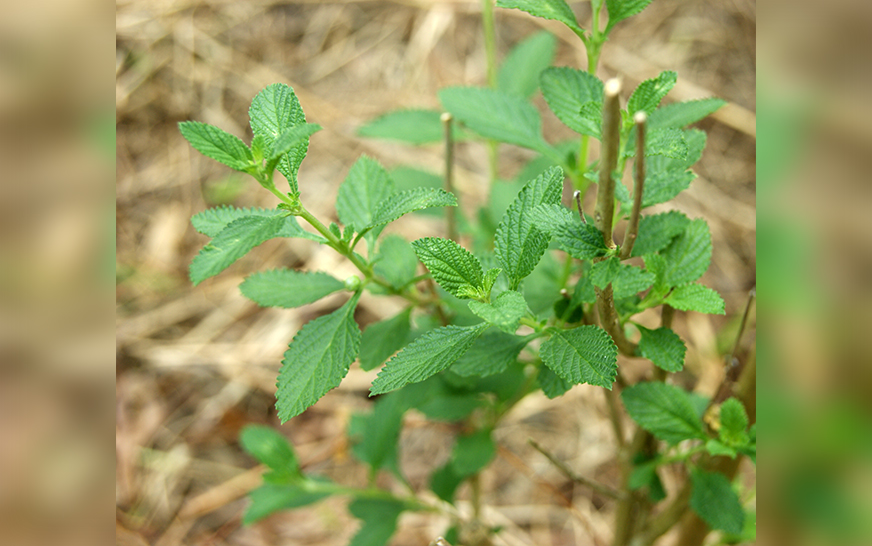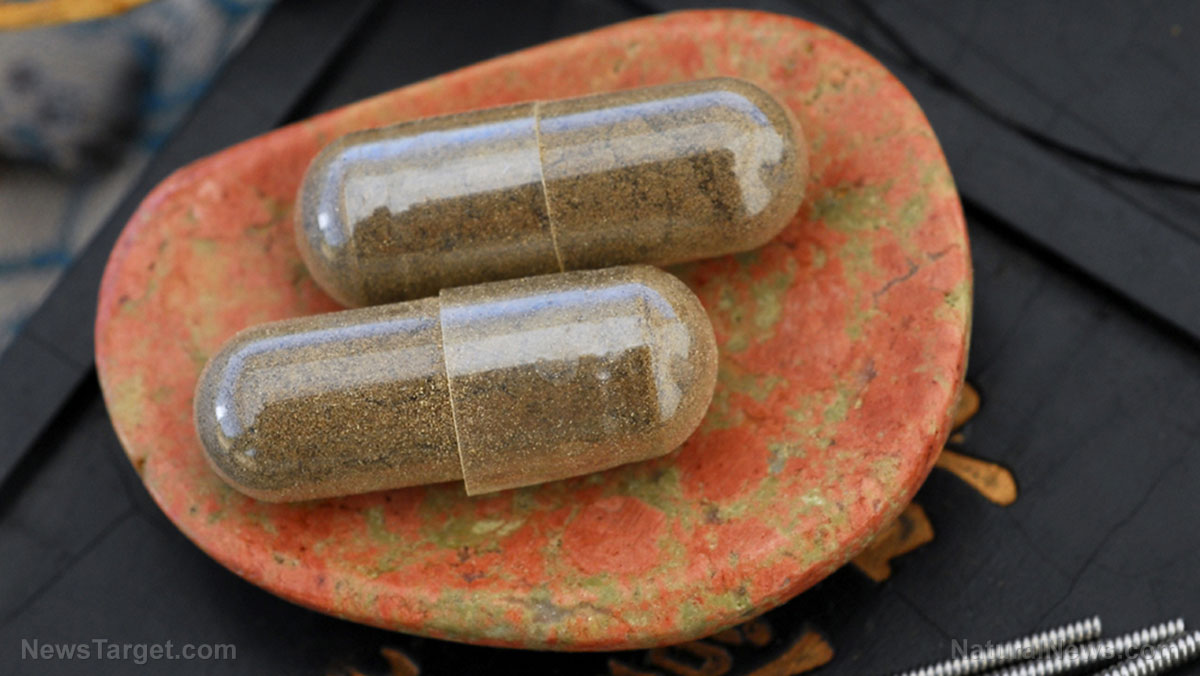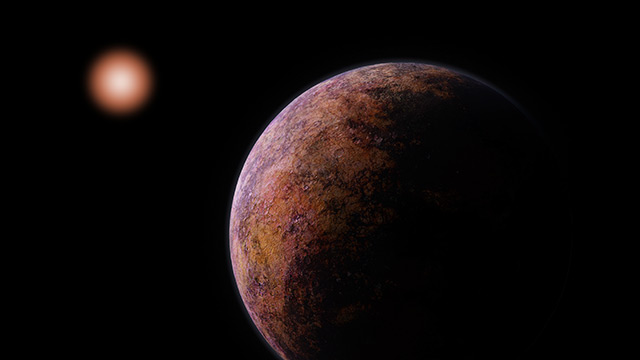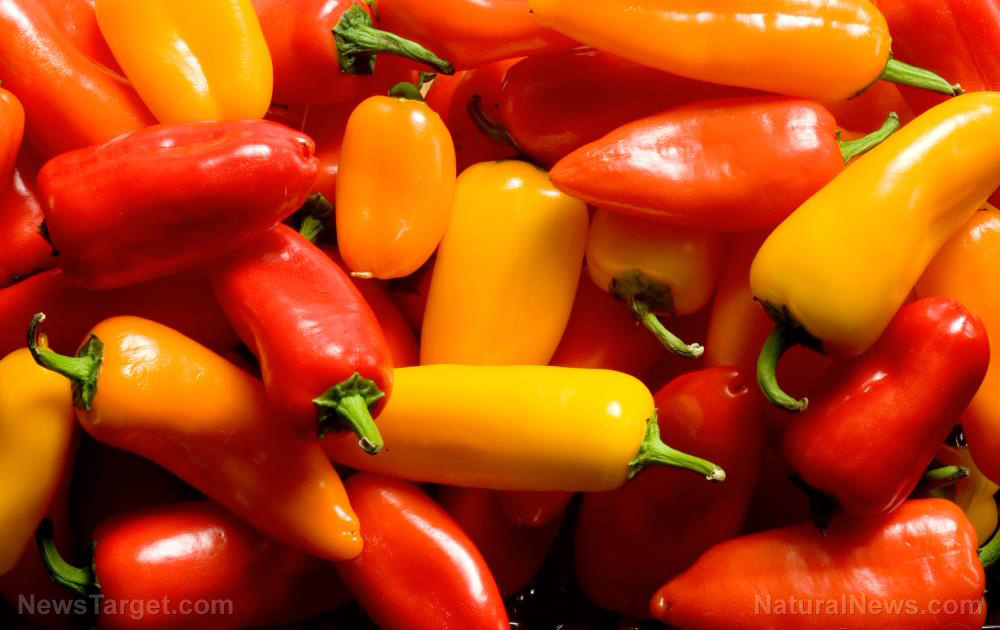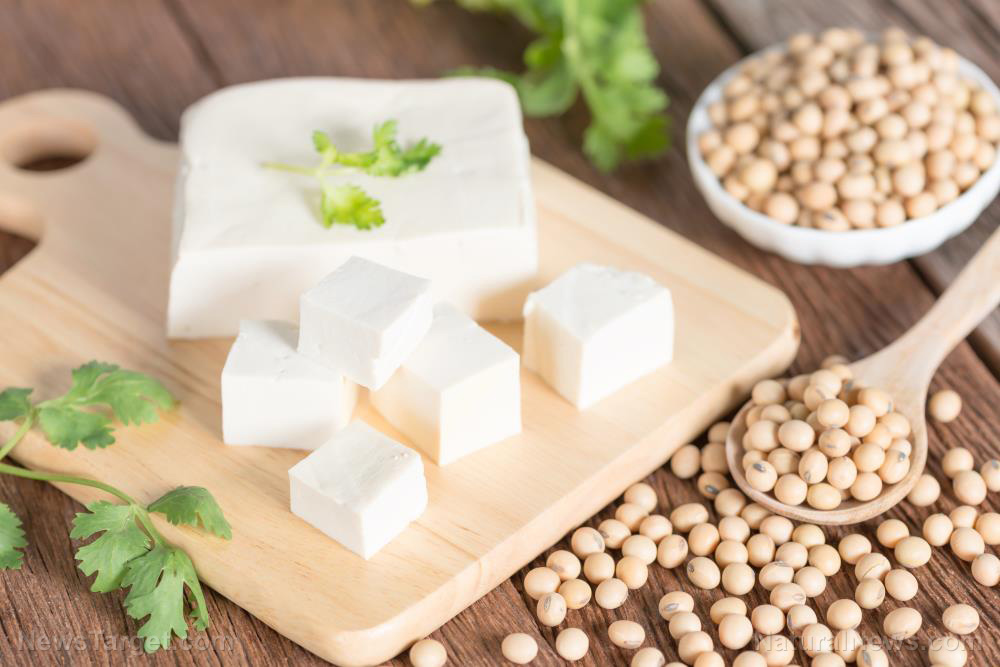Can nicotinamides address liver cell death and treat non-alcoholic fatty liver disease?
07/22/2019 / By Michelle Simmons

Nicotinamide, also known as niacinamide, is a form of vitamin B3 found in food and used as a dietary supplement. A study published in the journal Nutrition Research suggested that this nutrient can help prevent liver cell death and treat non-alcoholic fatty liver disease (NAFLD).
According to the study, nicotinamide exhibits anti-lipotoxic activity. Lipotoxicity, which is induced by saturated fatty acids, contributes to the development of NAFLD. Palmitate is the most abundant saturated fatty acid in circulation and is a major lipotoxic inducer. Research suggests that autophagy induction in a variety of cell types, including hepatocytes, protects against palmitate-induced cell death.
In an earlier study, researchers from the University of Illinois at Chicago, Zhejiang Chinese Medical University, and Harbin Medical University in China reported that nicotinamide can give hepatocytes resistance to palmitate-induced endoplasmic reticulum stress.
In the current study, the same group of researchers assessed the potential anti-lipotoxic effect of nicotinamide. They discovered that nicotinamide supplementation protected hepatocytes against palmitate-induced cell death by activating autophagy. They also found that autophagy induction is responsible for nicotinamide’s anti-lipotoxic effect.
Furthermore, their study demonstrated that sirtuin 1 (SIRT1) inhibition weakens autophagy induction in response to nicotinamide supplementation. It also repeals the anti-lipotoxic effect conferred by nicotinamide supplementation. Overall, these results indicated that nicotinamide can protect against palmitate-induced liver toxicity via SIRT1-dependent autophagy induction.
Based on these results, the researchers concluded that nicotinamide supplementation represents a therapeutic choice for NAFLD.
NAFLD is a disorder in which there is excess fat buildup in the liver of people who drink little or no alcohol. While it is normal for the liver to contain some fat, having fat that makes up more than five to 10 percent of the liver’s weight is already considered a fatty liver. NAFLD is one of the most common diseases in the world. In the U.S. alone, it affects more than three million people each year. (Related: Nearly 40 percent of Americans have fatty liver – here’s how to treat it.)
Nicotinamide riboside also protects against alcoholic fatty liver disease
Researchers from Sun Yat-sen University and The Second Affiliated Hospital of Guangzhou Medical University in China reported that nicotinamide riboside, a nicotinamide adenine dinucleotide (NAD+) precursor, can protect against liver injuries caused by alcohol. It works by replenishing NAD+, reducing oxidative stress, and activating SIRT1.
For their in vivo study, the researchers fed mice an ethanol liquid diet with or without 400 milligrams per kilogram (mg/kg) body weight nicotinamide riboside for 16 days. For their in vitro experiments, they incubated HepG2 cells – human liver cancer cells – with ethanol. They then compared lipid accumulation and mitochondrial function. They also performed SIRT1 knockdown in HepG2 cells to confirm the role of SirT1.
The researchers reported that ethanol dramatically decreased the expression and activity of SIRT1 in the liver and induced abnormal expression of enzymes involved in lipid metabolism in mice. Both in vitro and in vivo experiments revealed that nicotinamide riboside activated SIRT1 by increasing NAD+ levels, reducing oxidative stress, and increasing mitochondrial function. It also increased the deacetylation of PGC-1a, a key regulator of energy metabolism. In SIRT1 knockdown HepG2 cells, nicotinamide riboside lost its ability to enhance mitochondrial function and protect against lipid accumulation induced by ethanol.
Based on these findings, the researchers concluded that nicotinamide riboside can protect against alcoholic fatty liver disease. They also suggested that SIRT1 plays an important role in the protection of nicotinamide riboside against lipid accumulation and mitochondrial dysfunctions induced by ethanol.
For more studies on natural treatments for liver diseases, visit AlternativeMedicine.news.
Sources include:
Tagged Under: alcohol consumption, alternative medicine, anti-lipotoxic, autophagy, disease treatments, fatty liver, food cures, food is medicine, functional food, lipotoxicity, liver damage, liver disease, liver health, NAD, NAFLD, natural cures, natural medicine, niacin, Niacinamide, nicotinamide, nicotinamide riboside, non-alcoholic fatty liver disease, nutrients, palmitate, prevention, research, saturated fatty acid, supplements, vitamin B3
RECENT NEWS & ARTICLES
COPYRIGHT © 2017 RESEARCH NEWS


